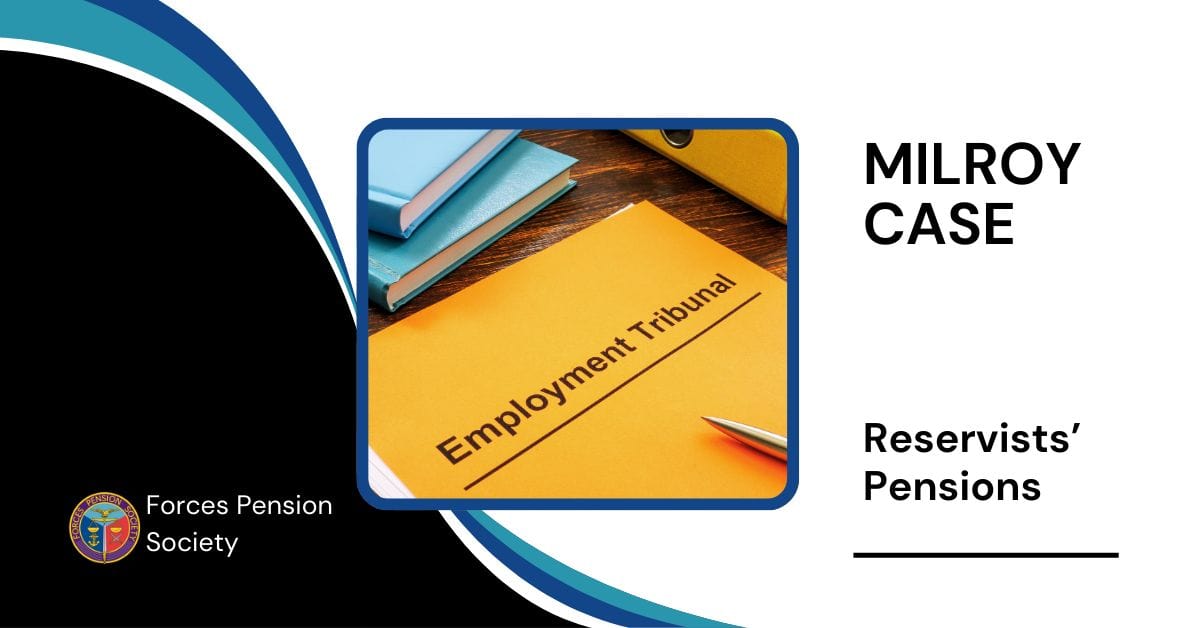
Around 200,000 female pensioners are owed up to £2.7bn after the under-payment of state pensions due to an error at the Department for Work and Pensions (DWP).
We first reported on this story back in 2020 but it seems from a recent BBC news story and other sources that this is issue is still ongoing and literally thousands of elderly female pensioners are ‘set to miss out on life changing payments’.
The BBC report states
‘An estimated 200,000 female pensioners are collectively owed up to £2.7bn after the under-payment of state pensions due to an error at the Department for Work and Pensions (DWP). The problem relates to the “old” state pension system where married women who had a poor pension in their own right could claim a 60% basic state pension based on their husband’s record of contributions.‘
The scandal was uncovered by This is Money and former Pensions Minister Steve Webb, of Lane, Clark & Peacock (LCP) after they launched an investigation into a reader question to his weekly column a year ago.
Six groups have been identified by LCP who may want to contact the DWP to get their state pension payments reviewed:
- Married women whose husband turned 65 before 17 March 2008 If you never claimed an uplift to the 60% rate (currently £80.45 per week in basic pension), you could be missing out.
- Widows whose pension was not increased when their husband died This group can potentially receive a 100% basic state pension of £134.25 per week, plus a percentage of their late husband’s additional state pension.
- Widows whose pension is now correct, but who think they may have been underpaid while their late husband was still alive This is especially important if your late husband reached 65 after 17 March 2008.
- Over-80s Who are receiving a basic pension of less than £80.45, provided that they satisfied a basic residence test when they turned 80.
- Widowers and heirs of married women where the woman has now died, but who was underpaid state pension during her life, especially where her husband turned 65 after 17 March 2008.
- Divorced women (particularly those who divorced post-retirement) You should check that you’re benefiting from the contributions of your ex-husband.
For those who think they may be affected, the LCP has created a calculator to help you identify if you may be affected.
Written June 2021. Content correct at time of writing, and may be superseded




